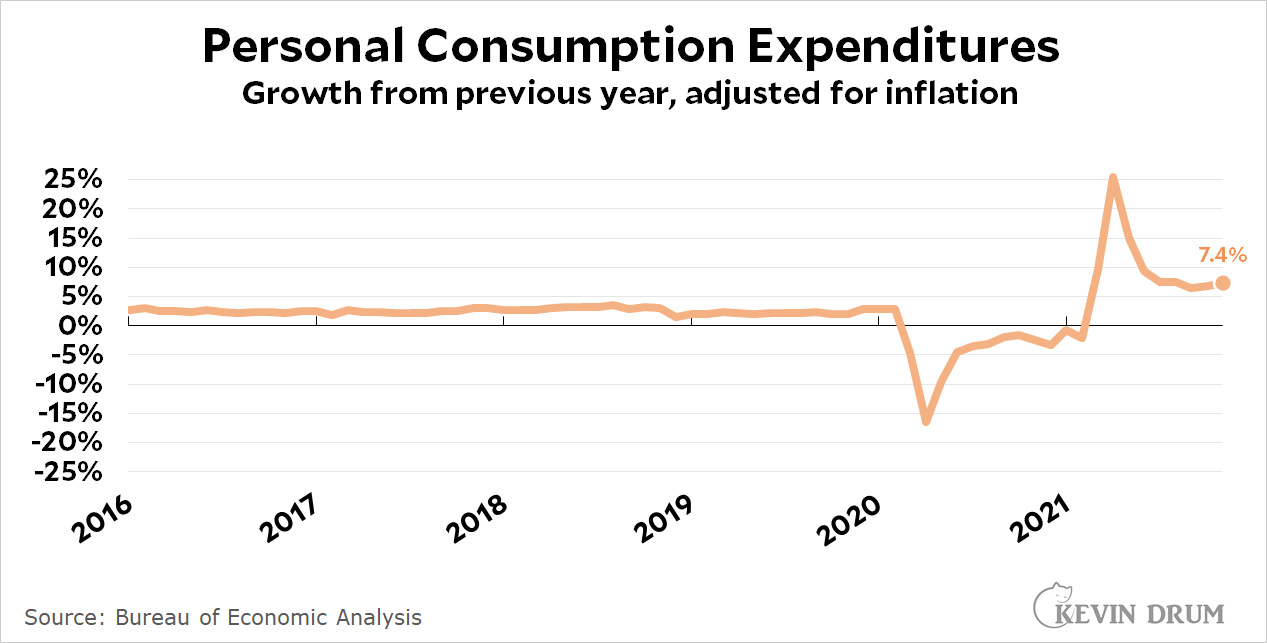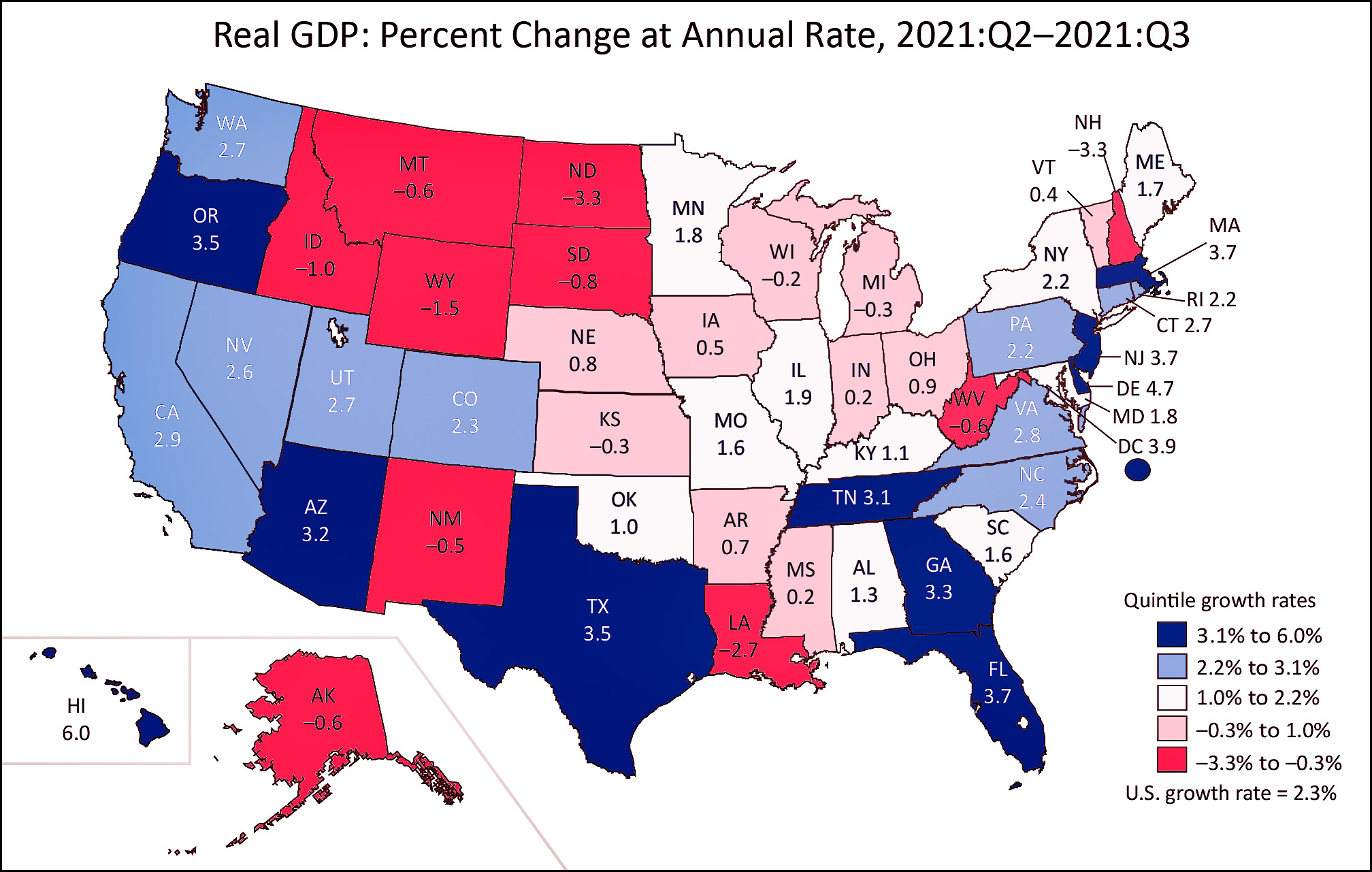Are the FDA and CDC too slow to change their recommendations based on the latest science? Probably. They're big bureaucracies, after all, and big bureaucracies aren't famous for being nimble. Beyond that, though, are their procedures even more badly designed than you'd think? I hate to pick on James Surowiecki over this, but a tweet this evening exposes the problem perfectly:
"Inevitable." So if you think, say, that the FDA took too long to approve the first vaccines, you're basically saying they delayed approval past the point when it was inevitable and everyone knew they were going to do it. So why not just do it then?
But this just prompts another question: When do you know it's inevitable? And how do you know? It can't just be a gut feeling. It has to be based on something you can put down on paper.
In other words, a procedure. If you think the FDA was too slow, you need to suggest an alternate procedure for emergency approval of vaccines. In the case of isolation, you need to suggest an alternate procedure for deciding what evidence you need before moving from 10 days to 7. So I tweeted back, "On which day did it become inevitable?" Here is Suroweicki's answer:
That's pretty much what I was afraid of. This is obviously not a procedure of any kind at all, either good or bad. It's just a gut reaction.
I've never been opposed to the notion that the FDA could improve the way it does business. But when it comes to approving drugs or providing public health guidelines, it has to have procedures of some kind in place. It will always be possible to nitpick them after the fact, but that's just trash talk. You need to put procedures in place before the fact, and then follow them if you want the public to have any faith in your recommendations at all.
So if you think the FDA or CDC are too slow, that's fine. It's your God-given right to gripe about bureaucratic inertia. But if you want to be taken seriously, you need to demonstrate that you actually know what their procedures are now and then make proposals for how they should be changed. It's very, very rarely that I see anyone do that.









